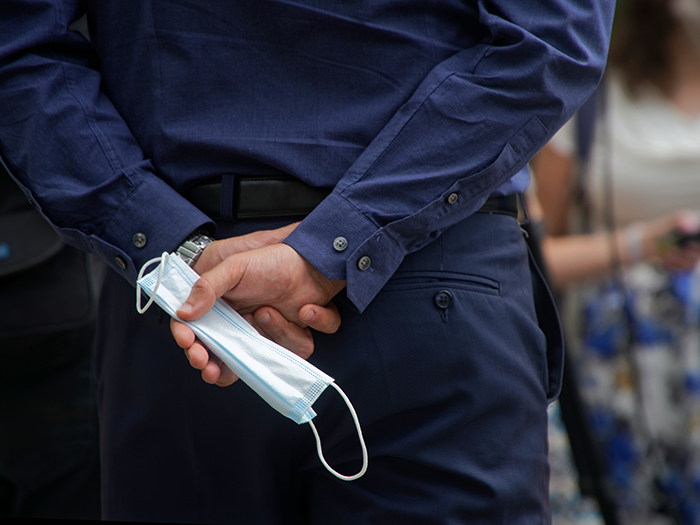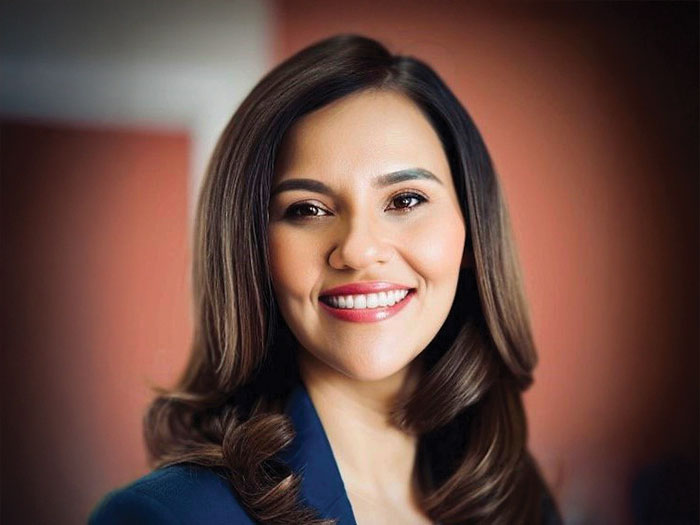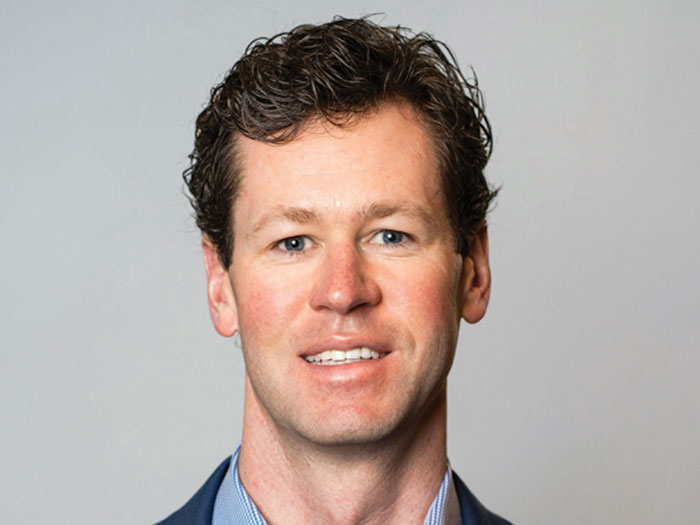How Miami-Dade Public Schools Helped Their Police Officers Fight COVID

Responding to the needs of the Miami-Dade Public School District’s police officers who were diagnosed with COVID-19 over the past two years required persistence and teamwork from all involved. Most importantly, creativity of case managers, risk managers and others dedicated to seeing the officers’ health restored and seeing them back to work is vital.
The district employs about 600 police officers. Starting in March 2020 and through about mid-March, 265 officers were diagnosed with the illness.
Since the start of the pandemic, only one officer has not returned to work and there have been no deaths among the group. All of the officers are either back at work full force or are on light duty.
The district, which is the fourth largest school district in the nation and a former Teddy Award winner, partnered with Genex Services, which provides managed care services, to help it address the needs of its police officers affected by COVID.
A Partnership Forged by Adversity
Helping the police officers regain their health and return to work was not an easy task, especially at the start of the pandemic when it was hard to know the right courses of action. There was little understanding of the disease. Treatment, visitation, safety and other protocols were constantly changing, patients were isolated, and hospitals closed to visitors.
“Getting information was a huge issue,” said Rosa Royo, director of Workers’ Compensation and Loss Prevention for the school district.
“We weren’t allowed to go into the hospitals. The hospitals had shortages of personnel. They didn’t have personnel that could respond to us.”
Besides that challenge, some officers suffered dangerous complications.
“We were dealing with things that are not typically workers compensation-related things,” she said.
She continued, “At one point, we were looking at doing a lung transplant on one of our officers. We also had a number of cardiac issues that had to be addressed and there were stroke and kidney issues.”
To ensure that patients received the best possible care and help them return to work in a timely manner, Royo worked closely with Genex case managers Eilin de Cardenas, BSN, RN, CCM, and Sandra Bernardo, RN, CCM.
The district referred escalated COVID-19 files to Genex, and Royo relied on de Cardenas and Bernardo to get the information needed to make determinations in regard to patients’ health and to determine whether their illness was, in fact, a compensable issue.
Communication Is Key
Getting information when hospitals were restricting visitors was a big challenge.
“Everything was out of place,” de Cardenas said. “Everything was new and everything was changing. It was really important to find the people who could help us to coordinate the care of the injured worker.”
Noting that a phone call or an email to a busy emergency room wouldn’t get them what the information needed, the case managers continued their pre-pandemic practice of going to the hospitals to get the information.
On one day, de Cardenas visited five emergency rooms.
Bernardo said they often pleaded with hospitals for ways to access information, such as seeking a small space away from other patients where they could meet with the police officers or with health care workers to get an understanding of the patients’ conditions.
“Eilin and I were constantly brainstorming,” Bernardo said. “We were trying to come up with creative and flexible ways find out who the best person was at each hospital to get information, to make quick decisions on treatment and to approve treatment.”
Forming relationships with health care workers and with patients was crucial to this process.
“When we were allowed to enter the hospitals, we were one of the only faces that every injured worker saw,” de Cardenas said. “We were the ones that were always pushing to see the doctors, to make sure their needs were met, and that they had the care that was required.”
Royo applauded the case managers’ persistence and cited an example of how they handled one case of an officer in a hospital that wanted to transfer him to another facility. The hospital wasn’t talking to the district or giving them access to the patient.
“We sent the case managers out and said, ‘Please get us this information,’” Royo said.
“I don’t know what they were doing — if they were dropping down from helicopters, but they got in there and got the information we needed so we could tend to our injured worker.”
Gaining Patient Trust
Besides gaining the trust of health care workers, the case managers needed to gain the trust of patients. That was a matter of being transparent and responsive.
“If they had a question, and I didn’t know the answer, I told them, ‘I don’t know, but I will find out,’” de Cardenas said.
“And I made sure I found out and got back to give them the answer. If I told them, ‘I will call you back with the information,’ I did it. If they called me and left me a message, I made sure that I returned it. I tried to explain things in a way they could understand, so they knew the expectations and what the process was. By doing this, it was like they realized ‘OK, she knows what she’s doing, and she’s trying to help me.’ ”
Royo said the case managers played a crucial role in ensuring that the police officers regained their health and got back to work.
She also attributes their success to the relationship the district had built with Genex starting in about 2008, long before the pandemic started.
“As a risk manager, the thing I am very proud of is that we had all of these processes and relationships in place, and didn’t wait to test the system during a pandemic,” Royo said. “The case managers rose to the occasion, but these systems and these protocols were all in place.”
She advises other employers to establish similar partnerships.
“I’d advise anyone who doesn’t have something like this in place to really assess their operation because we don’t know when the next crisis or pandemic is going to be,” Royo said.
While de Cardena and Bernardo acknowledge that their jobs can be stressful and they often have long days, they both say the effort is worth it.
The most rewarding part of Bernardo’s job “was being able to coordinate the care and provide what patients needed, when they needed it,” she said. “If they were hospitalized, it was making sure that they felt they had support, and that we were there to guide them through the process of recovery, especially for those that had been hospitalized for a long time.”
Royo also noted that none of the COVID cases resulted in litigation. &










